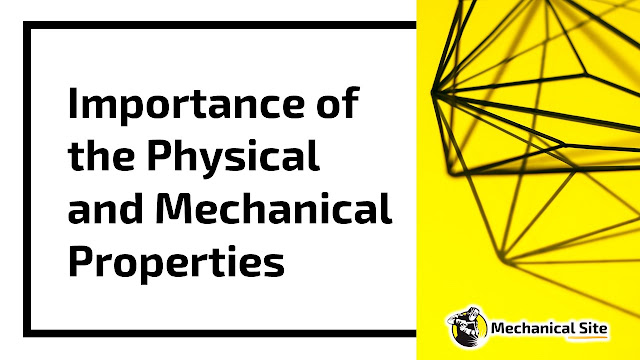Artificial Intelligence in Manufacturing: The Next Industrial Revolution

The next industrial revolution is happening now, and it’s being driven by artificial intelligence (AI). AI is being used to create intelligent robots that can work alongside humans on the factory floor, making it possible to produce more with fewer people. This is having a transformative effect on the manufacturing sector, making it more efficient and productive than ever before.
How does AI work in manufacturing?
In the early days of manufacturing, assembly lines were powered by human workers. Over time, as machines became more sophisticated, manufacturing tasks were increasingly automated. In the 21st century, the industry is on the cusp of a new transformation, as artificial intelligence (AI) begins to play a larger role in the manufacturing sector.
Simply put, AI is the application of cognitive technologies to manufacturing tasks. This can include anything from automated decision-making to machine learning, natural language processing, and more. AI can help to improve the efficiency and quality of manufacturing processes, as well as to empower workers with cognitive tools that can help them to be more productive.
There are a number of ways that AI can be used in manufacturing. For example, it can be used to improve quality control. By analyzing data from production lines, AI can identify issues and potential problems before they cause problems in the finished product. AI can also be used to improve process efficiency. For example, it can be used to optimize production schedules or to identify ways to reduce waste.
In addition to these practical applications, AI can also be used to improve human-machine collaboration. For example, it can be used to help workers to better understand the tasks they are performing or to provide them with information that they need to make better decisions. AI can also be used to improve safety in the workplace. By providing workers with information and recommendations, AI can help to prevent accidents and injuries.
Ultimately, AI can play a valuable role in modern manufacturing. It can help to improve quality, efficiency, and safety, while also empowering workers with cognitive technologies.
The Benefits of AI in Manufacturing:
AI has been rapidly growing in popularity in recent years. Many experts believe that AI has the potential to revolutionize manufacturing. There are many benefits of AI in manufacturing.
- First, AI can help automate tasks. This can help reduce the amount of time it takes to complete tasks, and it can also help reduce the number of errors that are made. AI can also help operators learn new tasks more quickly.
- Second, AI can help improve quality control. AI can help identify issues early on in the manufacturing process, which can help reduce the number of defective products that are produced.
- Third, AI can help improve efficiency. AI can help optimize production processes and identify opportunities for improvement. This can help reduce the amount of time it takes to produce products, and it can also help reduce the amount of waste that is produced.
- Fourth, AI can help improve communication. AI can help translate data into a form that is easier to understand, which can help improve communication between operators and managers.
- Overall, AI has the potential to revolutionize manufacturing. It can help automate tasks, improve quality control, improve efficiency, and improve communication. These benefits can help manufacturers reduce costs, improve quality, and increase competitiveness.
The Challenges of AI in Manufacturing
The use of artificial intelligence (AI) in manufacturing is becoming more prevalent as companies strive to increase efficiency and productivity. However, the implementation of AI can be challenging, as it requires a certain level of technical expertise and understanding of the manufacturing process. In addition, there are a number of other factors that need to be considered, such as the cost of implementing AI, the availability of data, and the need for skilled personnel.
Despite the challenges, the benefits of using AI in manufacturing are clear. It can help to optimize processes, reduce costs, and improve product quality. In addition, AI can help to identify and address problems in the manufacturing process, thereby improving safety and reducing the risk of defects.
Ultimately, the challenges of implementing AI in manufacturing can be overcome with the right planning and execution. The benefits of using AI make it worth the effort, and it is likely that we will see even more widespread use of AI in manufacturing in the future.
The Future of AI in Manufacturing
The future of AI in manufacturing is looking bright. With the help of AI, factories will be able to run more efficiently and produce more products. Additionally, AI can help to improve safety in factories and automate many tasks.






